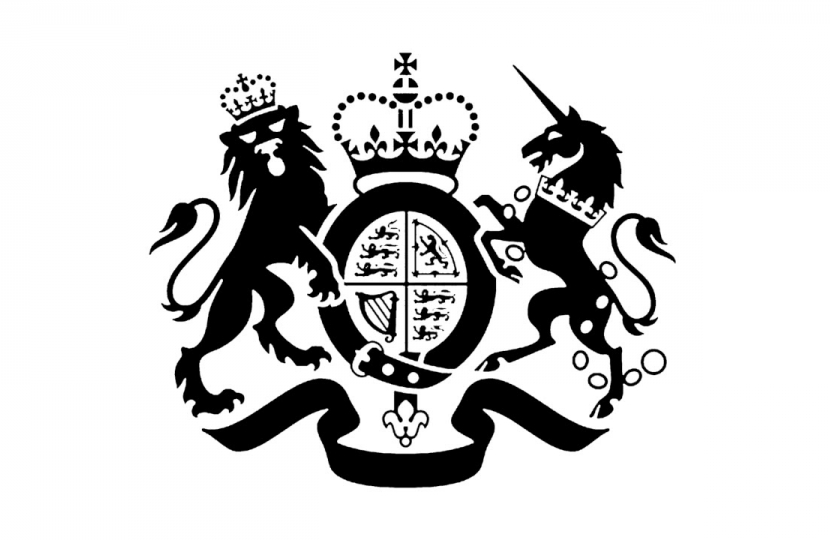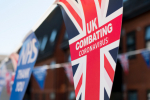
Dear Colleague,
Face coverings on Public Transport
In recent weeks the Government has taken careful steps to help our nation get back on the road to recovery. Many of our constituents have worked tirelessly to support the Coronavirus response with many of our front-line workers going months without seeing their families. Therefore, it is important that we do not ease up in the fight against this pandemic to ensure that the sacrifice of our hard work is not dismissed.
Transport usage has been greatly impacted as a result of the virus. For example, rail passenger journeys were 93% lower for the week ending 2nd June, compared to the equivalent last year. However, with students returning to school and those who are unable to work from home returning to the workplace, transport use will slowly increase.
We are increasing service levels to help social distancing, including by ramping up services on buses, trains and trams with substantial government funding. However, with passenger numbers set to increase further over the coming weeks as we continue to ease lockdown restrictions, it will be challenging to ensure social distancing is achieved at all times on busy parts of the network. Therefore, the Department for Transport has been reviewing how the public transport network can support an increase in passengers, while crucially mitigating the risk of a second spike.
Yesterday, I announced that we are working with transport operators to make it mandatory for passengers to wear face coverings when using public transport in England from 15 June. This will coincide with the next planned stage of restrictions being lifted, subject to the scientific evidence, and we are working closely with the devolved administrations ahead of implementation. We are also working with unions, operators and the police to ensure that staff are provided with the supplies allowing them to safely carry out their job. This, in conjunction with social distancing guidelines and maintaining good hand hygiene can provide further protection for the travelling public.
Passengers travelling on buses, coaches, trains, trams, ferries and planes, should wear a face covering if they don’t already. There will be exemptions for young children, disabled people and those with breathing difficulties. While I expect that the vast majority of people won’t need to be forced into this, these rule changes will mean that passengers can be refused travel and could face financial penalties if they don’t comply.
Face coverings are not the same as face masks and I would like to make it clear that we are not encouraging people to buy medical grade PPE masks, it is crucial they remain available for front-line staff. Face coverings should cover the mouth and nose while allowing the wearer to breathe comfortably. It can be as simple as a scarf or bandana that ties behind the head and can be made at home. More information can be found here: www.gov.uk/government/publications/how-to-wear-and-make-a-cloth-facecov….
To be clear, the guidance, which can be found here www.gov.uk/government/collections/coronavirus-covid-19-transport-andtra…, remains work from home if you can, and if you can’t avoid public transport where possible. The Department has announced unprecedented measures to encourage people to choose other forms of transport, including £2 billion for cycling, and the acceleration of e-scooter trials across the country. We are also working hard on measures to get more people commuting by bike with initiatives such as the Cycle to Work scheme to help with the cost of bikes, including e-bikes.
We have already made great progress in the fight against Coronavirus. It is with great thanks to your constituents who have followed the Government’s request to avoid public transport where possible, and to the thousands of transport workers around the country who have kept the network moving in recent weeks that we are in the position to relax restrictions.
It is our civic duty to look after one another, which is why I am urging everyone using transport to use a face covering to help keep us all safer, reduce the risk of a second spike, and help us rebuild a stronger, cleaner and more prosperous Britain.
Yours ever, Rt Hon Grant Shapps MP
SECRETARY OF STATE FOR TRANSPORT

